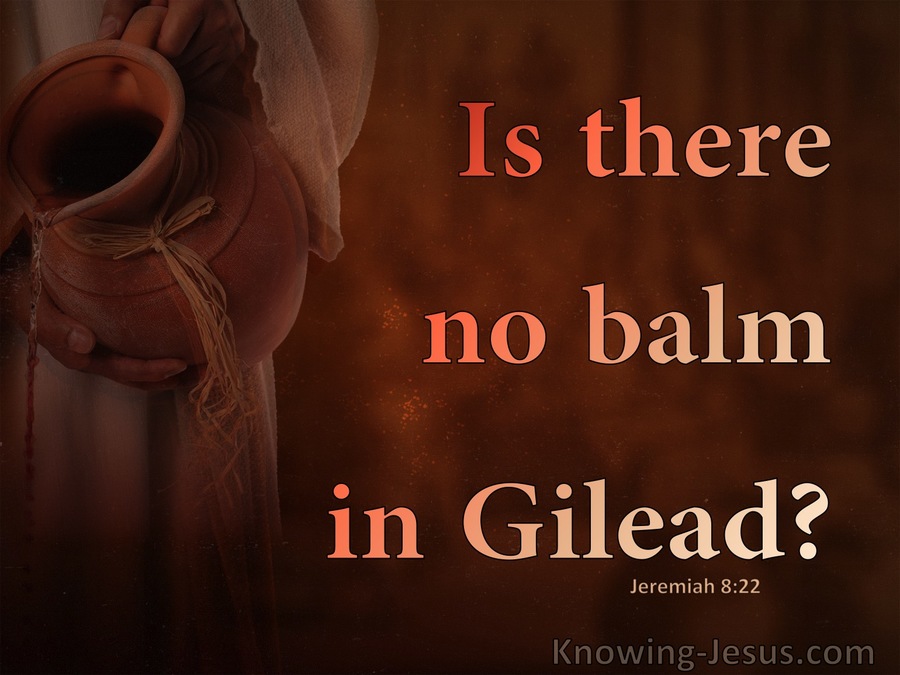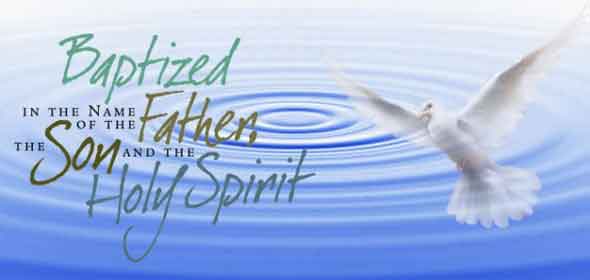UPCOMING COMMUNITY SERVICE
BLACK MOUNTAIN TRAIL CLEANUP10am – 4pm • Black Mountain Sat, Sept 28 Volunteers can help re-mount missing trail signs, build a skier/rider diversion near Tower 9 of the Double to steer our customers away from the snowmaking pipes and valves, clean up the glades to the right of the famous Mr. Rew trail. RSVP to […]


